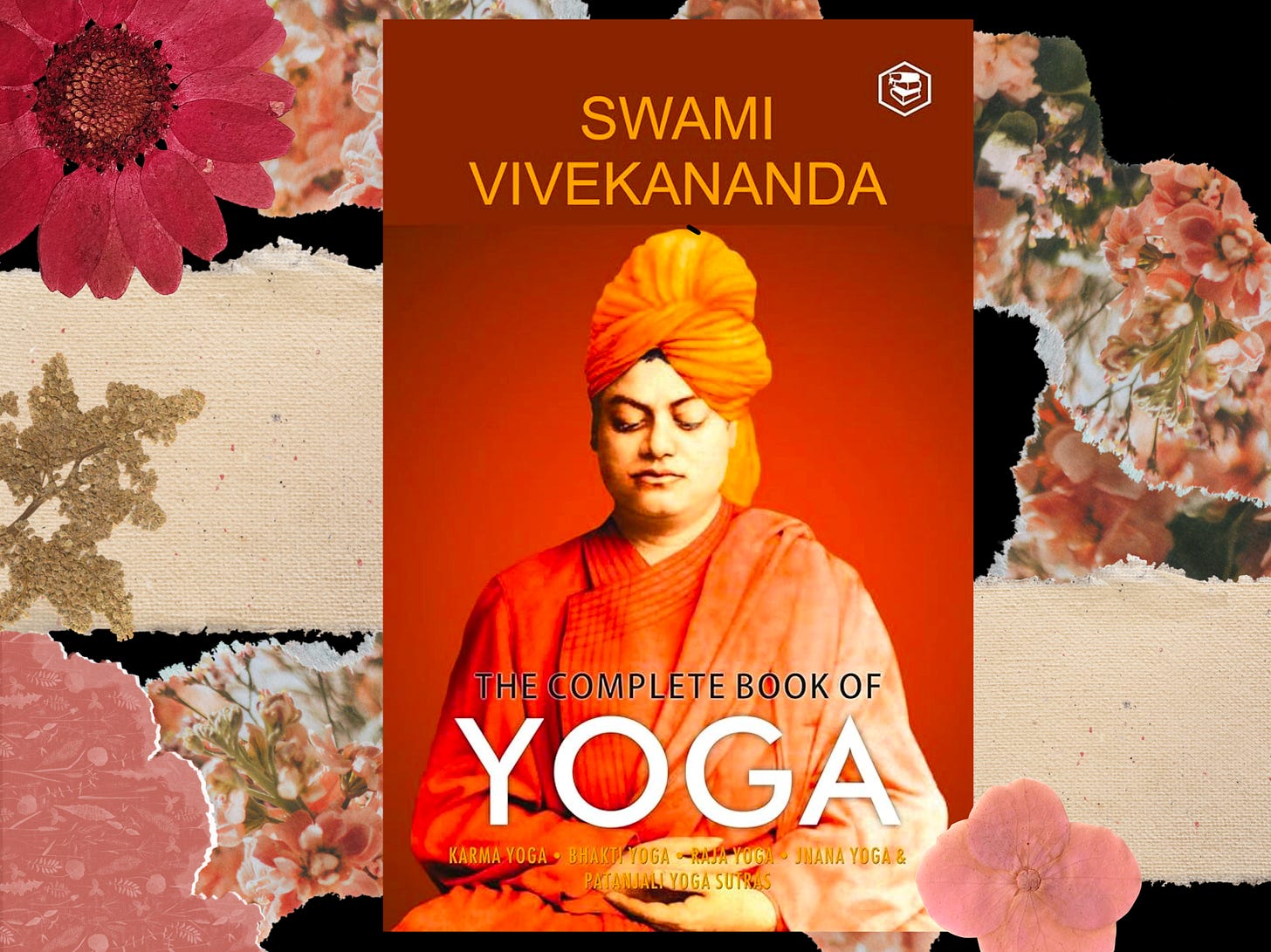I've been thinking about self-love lately (hello February), but not the kind that your local Instagram life coach pushes on you (sorry not sorry).
The kind that lives in the quiet spaces between our actions. The kind that shows up in how we move through each and every day—in the small choices we make when we think no one's watching.
In our rest. In our work. In our love of others.
As I've aged, I've noticed something. The moments when I genuinely love myself, rarely occur during the prescribed self-care rituals we're told to practice.
They occur most often in the mundane moments—like when I moved into an empty apartment in Georgia, with nothing but a sleeping bag and some stray dishes, and cried because I was so glad to have a clean slate. Like when I write, or when I run, or when I lay on my husband's chest each night and remember the courage it took my younger self to open up to him fully.
But what does that mean about everything I’ve ever been told about self love?
Back to the Source
Each of these realizations ultimately led me back to the wisdom and teachings of Swami Vivekananda on Karma Yoga, and I knew immediately what our February workshop needed to be centered on.
Not because I was looking for another spiritual framework to add to my collection (or your collection, rather), but because something about his words on action and self-discovery struck a chord that's been resonating through my thoughts ever since.
'We are all doing karma all the time,' he wrote. 'I am talking to you: that is Karma. You are listening: that is Karma. We breathe: that is Karma. We walk: Karma. Everything we do, physical or mental, is Karma, and it leaves its marks on us.'
The Marks We Leave
Let that sink in for a moment. Every action—every single one—is leaving its mark on us. Which means every interaction we have with ourselves, every choice we make in how we treat ourselves, is quietly shaping our relationship with our own being.
In February’s Subscriber Workshop, I want to explore the implications of Swami Vivekanada's complete book of yoga on self love, because what if self-love isn't a destination we reach, but a practice we build through our actions?
Every week of this month we are going to dive into one of the four types of yoga (no, I don’t mean stretching on a mat here—I mean yoga as in the mindset) and what their teachings can tell us about how we practice self love every day of our lives. You’ll leave each written module with:
A high level understanding of the discussed type of yoga
A daily practice guide that connects these ancient principles to modern self-love practices
Journal prompts that help you uncover your own relationship with action and love
A checklist for implementing these teachings in small, powerful ways throughout your day
This week’s yoga is none other than Karma Yoga. Let’s get into it.
Understanding Karma Yoga
In Vivekananda's teachings, Karma Yoga is the path of conscious action. It's based on a simple but profound truth: everything we do—from breathing to thinking to loving—is karma, and each action leaves its mark on us.
This isn't about "good" versus "bad" karma.
It's about understanding that we're constantly shaping ourselves through our actions, whether we're aware of it or not.
The Power of Conscious Action
Here's what Vivekananda understood about self-love that most modern self-help gurus miss entirely: all knowledge already lives within the human mind. We're not learning self-love—we're remembering it.
We're not building it from scratch—we're uncovering what was always there, buried under years of conditional love, societal expectations, and the belief that we need to earn our own worth.
This is the first key to transforming our relationship with ourselves: realizing that self-love isn't something we need to achieve—it's our natural state.
I see this play out in my own life constantly. When I choose to rest without guilt, I'm not learning how to love myself more—I'm remembering that I deserve care simply because I exist. When I set boundaries with work, I'm not creating self-respect—I'm uncovering the inherent dignity that was always mine to claim.
Each conscious action becomes a way of coming home to ourselves.
Keep reading with a 7-day free trial
Subscribe to Postscript Thoughts to keep reading this post and get 7 days of free access to the full post archives.






